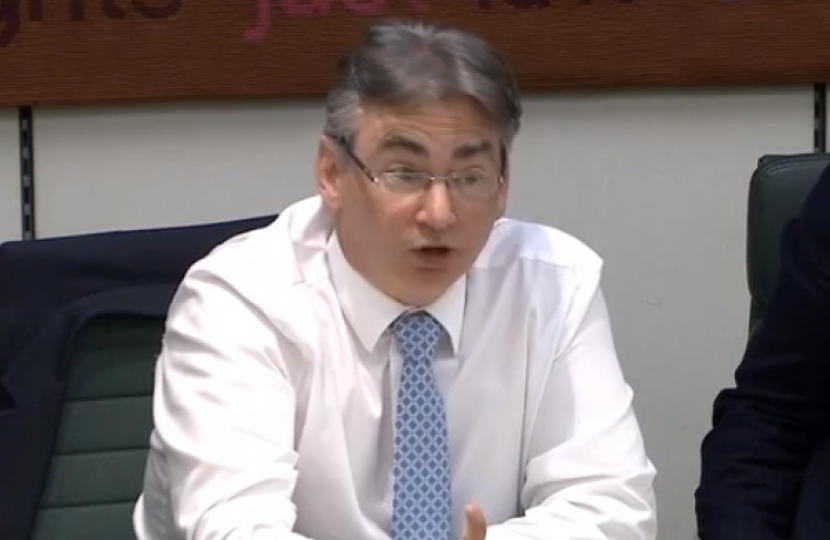

Something that has really been driven home to me in my work in Westminster is how quickly new technology can completely transform a market or part of life. From pensions and lending to fraud and financial education, innovation can quickly leave regulation behind.
Democracy itself has not been immune to these trends, with the growth of the internet and, latterly, finely-tuned, data-driven advertising evolving at an astonishing speed. Increasingly it looks as if our electoral law has failed to keep up – analogue regulation for the digital age.
Many of you may have read over the weekend about the latest report into so-called ‘fake news’ by the House of Commons’ Digital, Culture, Media, and Sport Select Committee. This wide-ranging investigation explored the role of social media companies and digital campaigning in British elections, and made proposals to the Government about how we can ensure the law is fit to ensure fair and open contests.
As a member of the committee, I’m proud to have had an opportunity to play my part and put an international spotlight on the conduct of the web giants. My questions to Mike Shroepfer, Facebook’s chief technical officer, made headlines worldwide after I branded the website a “morality-free zone”.
Standing up for motorists has been another of my priorities in the last parliamentary year. I’ve lobbied ministers to recognise the crucial role of ‘clean diesel’ engines – such as those manufactured by Jaguar Land Rover at Lode Lane – in helping the UK transition towards electric cars, and joined MPs from all parties to campaign for fairer petrol prices as part of the All-Party Parliamentary Group for Fairer Fuel, and
Lately, I have been helping ministers to bring forward the Civil Liability Bill, an important piece of legislation which aims to slash the number of fraudulent whiplash claims pushing up insurance premiums for honest drivers.
Not only will it regulate the pay-outs which can be made for such claims, but it will ban insurers from settling them without conducting a proper investigation. This will both discourage fraudsters from trying their luck and prevent companies taking the easy option and passing the costs on to their customers.
Originally published in the Solihull News, 03/08/18.